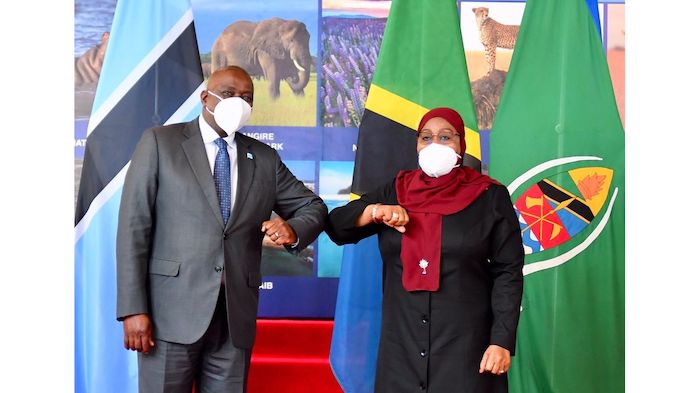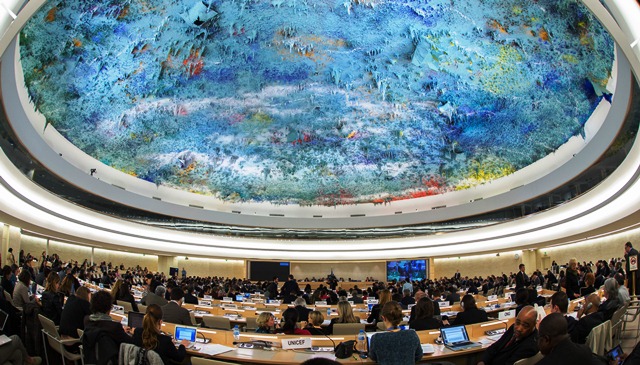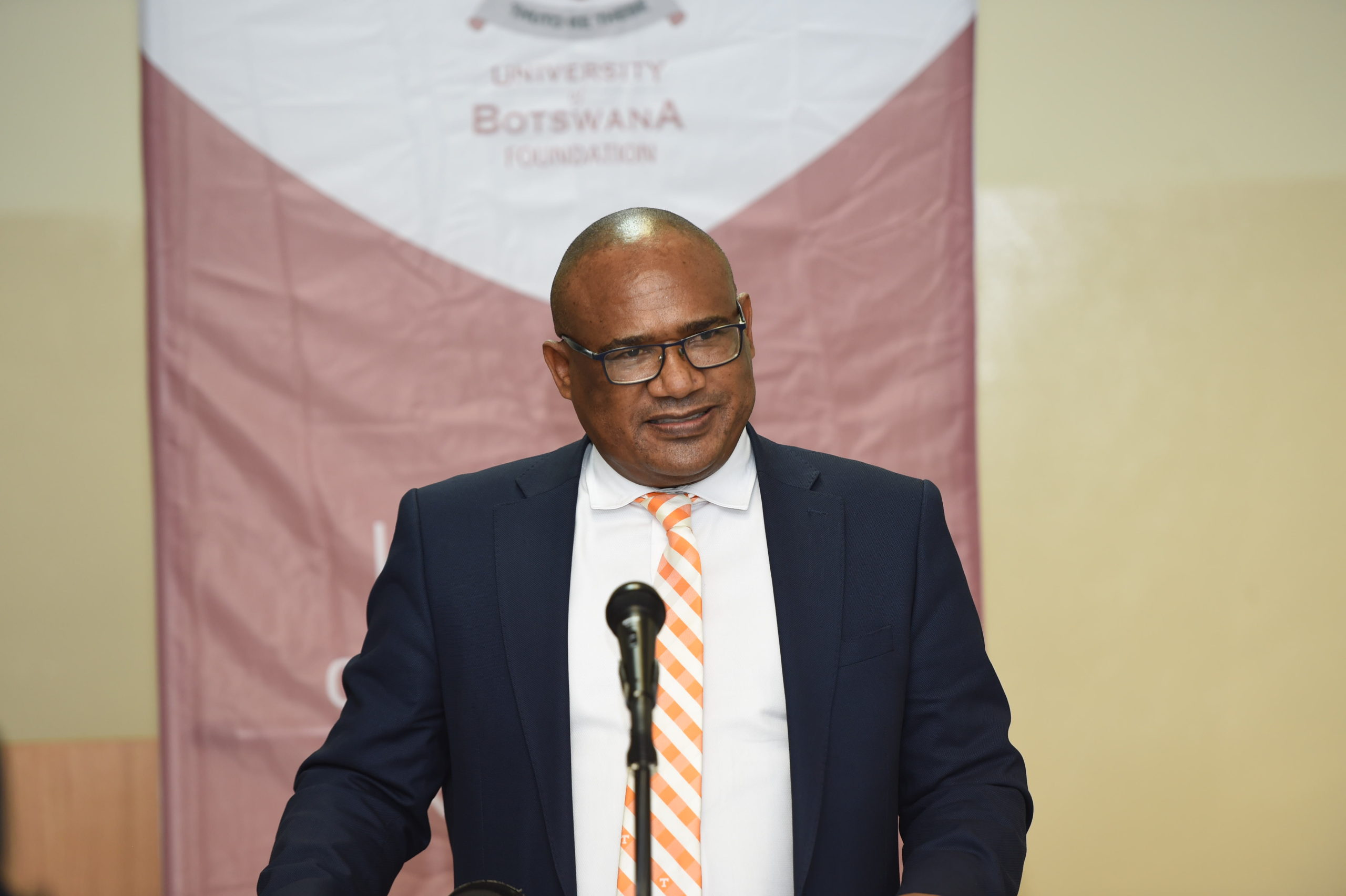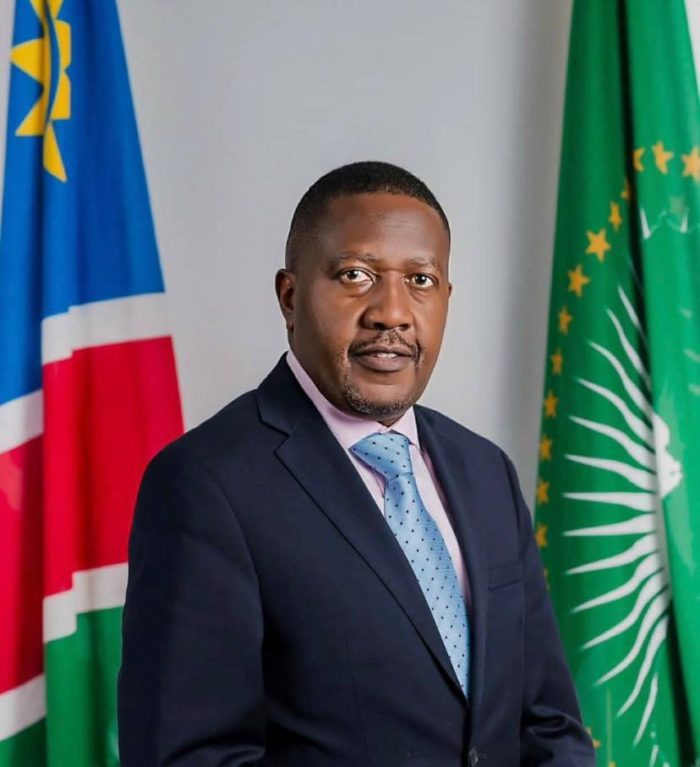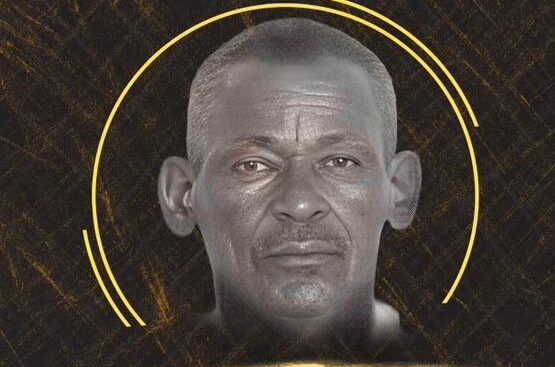
There's renewed hope that Government will eventually recognise the San ethnic group as 'Indigenous' to Botswana
The Pan Afrikanist Watchman
DITSHWANELO – The Botswana Centre for Human Rights – has called on the government of Botswana to ensure that everyone has dignity, freedom and access to justice through constitutionally protected provisions.
Joining the world in commemorating International Human Rights Day (December 10th) under the theme, ‘Our Rights, Our Future, Right Now’, Ditshwanelo said in a statement that this includes through enshrining socioeconomic and cultural rights in the Constitution of Botswana.

On that score, the organisation expressed appreciation that finally the body of Mr Pitseng Gaoberekwe (a man of San ethnic group), which has been in a mortuary for over two years, will be laid to rest on Human Rights Day (10 December 2024).
“His family will be able to lay him to rest on his ancestral land with the dignity, to which he had hitherto been denied by our courts”.
The Gaoberekwe had fought a spirited legal battle with government over his burial in his ancestral land – Central Kgalagadi Game Reserve – which culminated with the Court of Appeal ruling in favour of the state.
In its statement, DITSHWANELO said it strongly encourages communities, the government, the private sector, civil society, communities and every individual in our society, to collectively contribute actively, meaningfully and positively towards the eradication of all forms of discrimination and human rights violations.
“We continue to advocate for equality, dignity and respect for everyone. These are key, for the achievement of an inclusive, equitable, truly democratic and peaceful society.
“Botho, as our national principle and value-concept should prevail, as society addresses human rights violations. We call for ‘our future, today’!”
The International Human Rights Day is commemorated annually on 10 December. It marks the end of the annual 16 Days of Activism against Gender-Based Violence, which begins on 25 November.
The day was chosen in honour of the United Nations General Assembly adoption and proclamation on 10 December 1948, of the Universal Declaration of Human Rights (UDHR).
The UDHR provides ‘a common standard of achievement for all peoples and all nations’. Human rights are fundamental to each and every person.
All human beings are born free and equal in dignity and rights, and are entitled to the equal enjoyment of their human rights. Human rights are not only fundamental to our present welfare but to our future as well.
They can help us to shape a more inclusive society. Human rights can also foster peace, tranquillity and unity by influencing everyone to realise and acknowledge the importance of respecting one another.
Human rights promote the protection of individuals within their society from social ills such as abuse, violence and other harms as they emphasise the dignity of persons, regardless of where they come from, their race, colour or creed.
Human rights also ensure that marginalised groups are protected from any form of discrimination or abuse. Human rights promotion addresses present injustices and inequalities. It also plays a key role in shaping our societies for our future generation.
Human rights are internationally recognised. They are protected at regional, continental and international levels to enable all to live their lives with dignity.
A better future is invested in and created, through nations taking effective actions in the present, which are fundamental to human rights promotion and protection – for our future.
© TPA2024






